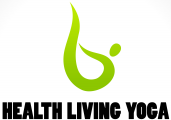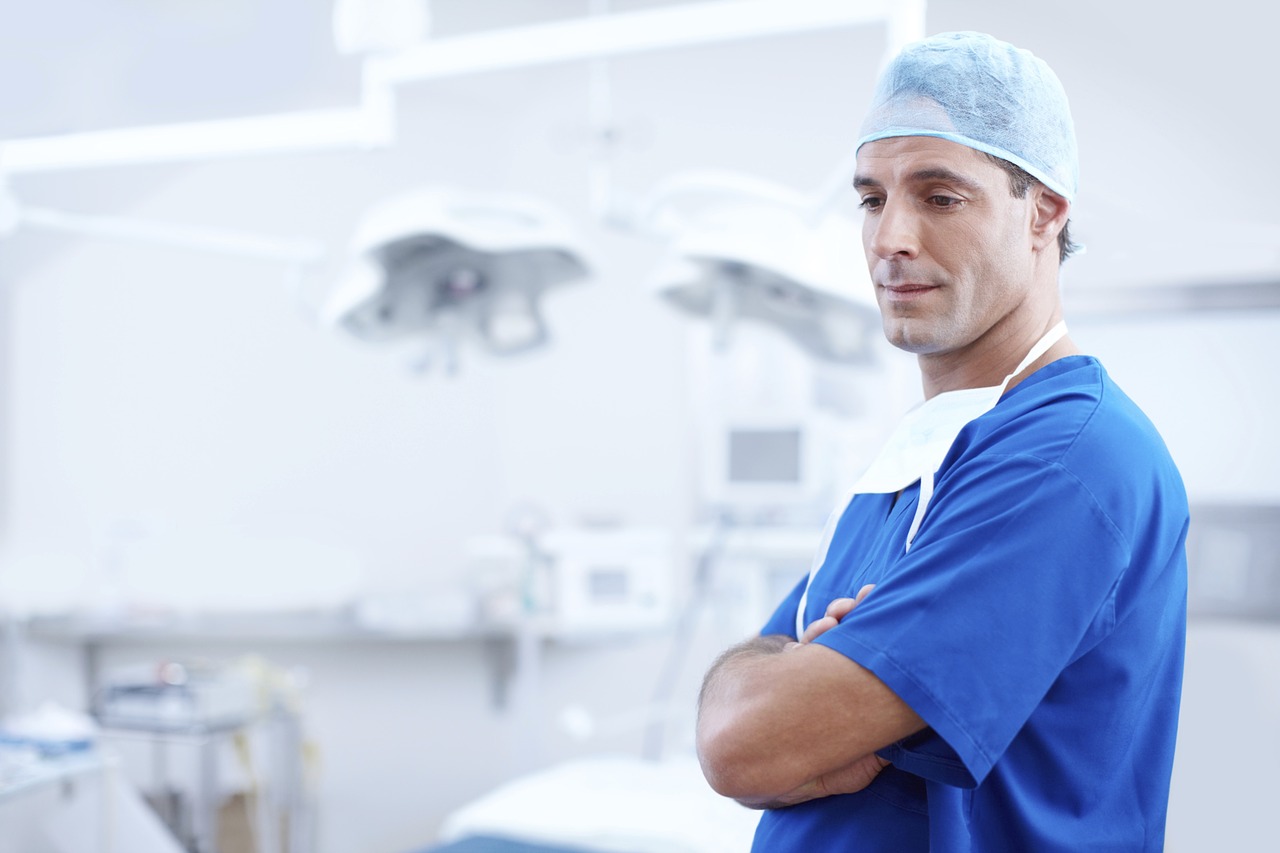If you have recently had surgery, you will want to heal as soon as possible, so you can return to work, hit the gym, or socialize with your loved ones. However, it is important not to rush the process, as you could cause your body more harm than good.
If you want to be back on your feet in no time, read the below tips on how to make a quick recovery after surgery.
 Protect a Wound from Infection
Protect a Wound from Infection
It is your job to protect your wound from infection once you leave hospital. To do so, you must thoroughly wash your hands before touching the incision, which will ensure no dirt or particles make their way into the wound. You might also need to regularly change your bandage and apply waterproof medical tape to help it remain in place on your skin.
However, you must avoid caring for a wound too much, which can actually slow down the recovery rate. For example. You should never scrub the incision or remove any scabs that form on the skin, unless advised by a doctor. If a wound looks pink, infected, or is weeping, you should seek medical attention immediately.
Follow Your Doctor’s Orders
Many patients make the mistake of following the easy instructions and disregarding the ones they don’t agree with or like. For example, don’t be tempted to jump into the bath after a procedure, as you could risk infecting an incision wound. You also should avoid lifting anything heavy, as you could tear your stitches.
Attend Every Follow-Up Appointment
A follow-up appointment might seem pointless after surgery, but there is a reason why a doctor or nurse will want to see you following an operation. They will not only need to review the incision wound to check it is healing well, but they will also want to review your health to make sure you are making a full recovery following a procedure. What’s more, they might want to do follow-up blood work to stop an infection in its tracks, and they might also need to adjust your medication.
Eat and Drink Properly
It is common for patients to lose their appetite after enduring an operation, as they might feel nauseated or constipated. However, it is essential for your recovery to stay hydrated and to enjoy a healthy diet, as both can promote healing and reduce the likelihood of complications.
Take Control of Your Pain
Many patients fear taking prescription pain medication, as they might worry about addiction or other health concerns. Also, some people view taking medication as a form of weakness. Unless you are living with an addiction problem, you must take the drugs prescribed by your doctor, as keeping the pain at a tolerable level will encourage sleep, which will help you to recover at a faster rate. If you are living with an addiction, talk about your different pain control options with your doctor, such as natural pain relief.







